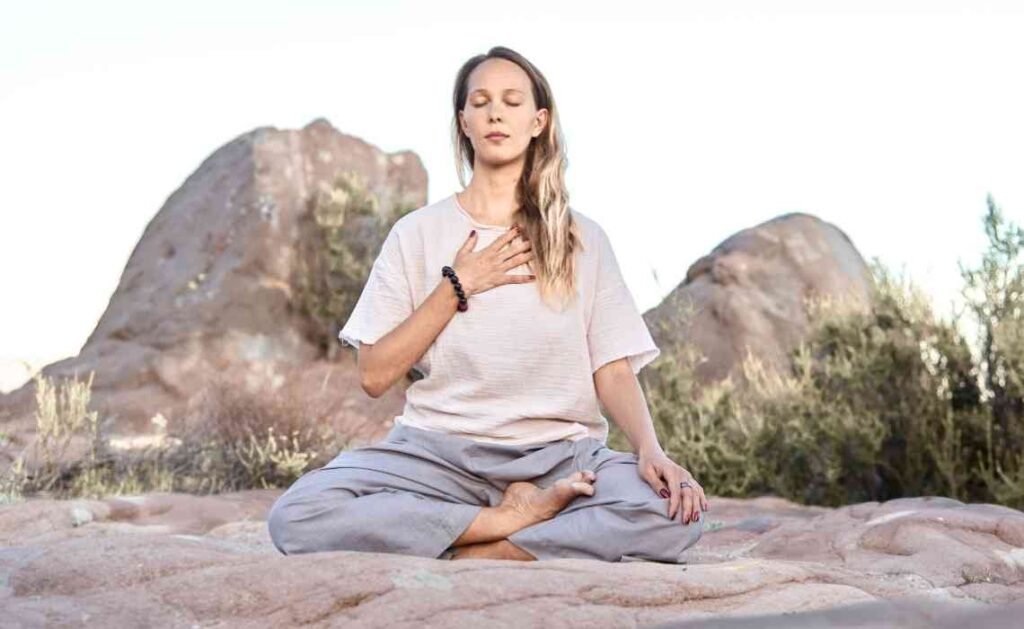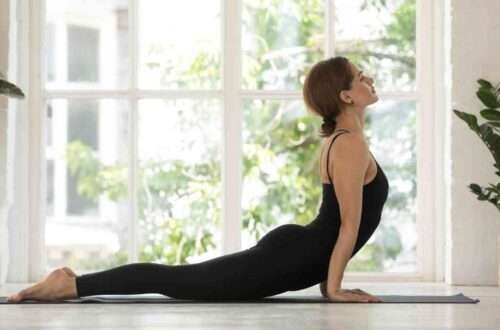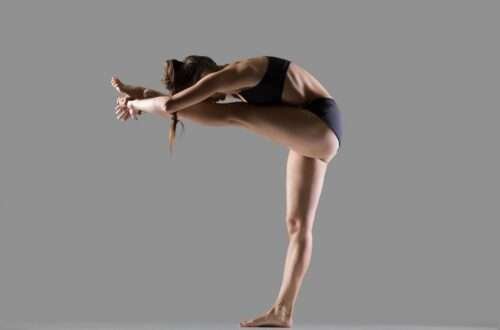
What Does Meditation Really Do to Your Mind and Body?
Meditation sounds like a magical word, but what does it really do to your mind and body? If you have ever sat quietly with your eyes closed, even for a few minutes, you have already touched the edges of what meditation feels like. It is more than just sitting still. Meditation is a powerful practice that helps your mind think better, your body feel stronger, and your heart become calmer. Let us dive deeper into what meditation actually does.
Meditation Makes Your Mind Sharper

When you meditate, you give your mind a break from all the noise and chatter. Imagine your mind is like a chalkboard filled with messy writing. Meditation acts like an eraser, cleaning the board and making space for fresh, clear thoughts.
Studies have shown that people who meditate often can focus better and remember things more clearly. They can pay attention for longer periods of time without getting distracted. It is like giving your brain a workout, making it stronger and smarter with every session.
Meditation also improves problem-solving skills. When your mind is calm, you can think more creatively and find answers faster. Instead of feeling stuck or confused, you will feel more confident in handling tricky situations.
Meditation Reduces Stress and Anxiety

One of the biggest reasons people try meditation is to feel less stressed. Stress is what happens when you feel like there are too many problems and not enough time or energy to fix them. It makes your heart race, your muscles tense up, and your mind spin like a hamster wheel.
When you meditate, your body starts to relax. Your breathing slows down, your heart beats more gently, and your muscles soften. It is like pressing a “pause” button on all your worries.
Scientists have discovered that meditation lowers the amount of a stress hormone called cortisol in your body. Cortisol is like an alarm bell that keeps ringing when you are anxious. Meditation helps turn that bell off, so you feel peaceful again.
Meditation Improves Sleep
Have you ever tossed and turned in bed, unable to fall asleep because your mind would not stop thinking? Meditation can help with that too.
When you meditate before bedtime, it tells your brain it is time to relax and let go of the day’s worries. You focus on your breathing or listen to calming sounds, helping your body get ready for sleep.
Meditation can even help people who have insomnia, which is when someone has trouble sleeping night after night. By meditating regularly, many people find they fall asleep faster and wake up feeling more rested and happy.
Meditation Makes You Kinder and More Compassionate
Meditation is not just about making yourself feel good. It also makes you kinder toward others.
There is a special type of meditation called “loving-kindness meditation.” In this practice, you focus on sending love and good wishes to yourself and to other people. Even people you may not like very much!
Doing this regularly can make you feel more connected to others. You start to understand that everyone has struggles, just like you. As a result, you become more patient, forgiving, and caring in your daily life.
Meditation Strengthens Your Body
Even though meditation looks like it only affects your mind, it actually helps your body too. When you feel less stressed, your body does not have to fight so hard to stay healthy.
Meditation can lower blood pressure, which means your heart does not have to work as hard to pump blood. It also boosts your immune system, the part of your body that fights off sickness.
Some people even find that regular meditation helps with pain. When you meditate, your brain releases natural chemicals that make you feel better, kind of like your own personal pain medicine.
Meditation Helps You Understand Your Emotions
Sometimes feelings can be confusing. You might feel sad but not know why. Or you might feel angry and say something you regret.
Meditation teaches you to notice your feelings without getting swept away by them. It is like standing on the shore and watching waves come and go, instead of being pulled under by the tide.
When you meditate, you learn to recognize emotions as they come up. You can say to yourself, “Oh, I am feeling angry right now,” without letting the anger control what you do next. This gives you the power to respond calmly instead of reacting without thinking.
Meditation Builds Self-Awareness
Self-awareness means knowing who you are and how you are feeling. It is like looking into a mirror that shows you not just your face, but your thoughts and feelings too.
Through meditation, you spend time observing yourself. You start to notice what makes you happy, what stresses you out, and what triggers certain feelings.
This deep understanding can help you make better choices. For example, if you realize that certain situations always make you upset, you can prepare yourself or choose to avoid them.
Meditation Teaches Patience
We live in a world where everything moves fast. People get impatient if a website takes more than a few seconds to load! Meditation teaches you to slow down and be patient.
When you sit quietly and focus on your breath, you practice waiting without needing something exciting to happen. Over time, this makes you more patient with yourself and with others.
You learn that good things take time, and that waiting can be a peaceful, not painful, experience.
Meditation Encourages Better Habits
Because meditation helps you become more aware of your thoughts and feelings, it also helps you notice habits that are not good for you.
For example, you might notice that you reach for junk food when you are stressed. With this awareness, you can choose to take a few deep breaths instead.
Meditation makes you stronger inside, giving you the courage and clarity to build habits that help you, not hurt you.
Meditation Can Help You Find Purpose
Sometimes life can feel confusing, and you might wonder, “What am I even doing?” Meditation can help you find a sense of purpose.
When you sit quietly and listen to your heart, you often discover what really matters to you. It might be helping others, being creative, or simply living with kindness.
Knowing your purpose can make you feel more excited to wake up each day and more determined to make good choices.
Different Types of Meditation
There are many types and each one offers special benefits. Here are a few examples:
- Mindfulness meditation: This is when you focus on your breath or your body and simply notice what is happening without trying to change it.
- Guided meditation: In this type, someone talks you through a story or visualization that helps you relax and imagine positive things.
- Mantra meditation: Here, you repeat a word or phrase over and over to keep your mind focused and calm.
- Loving-kindness meditation: As mentioned earlier, you send love and good wishes to yourself and others.
You can try different types to see which one feels right for you.
How to Start Meditating
Starting meditation is simple. You do not need fancy clothes, candles, or special music. All you need is a quiet space and a few minutes of your time.
Here is a basic way to begin:
- Find a quiet and comfortable place to sit or lie down.
- Close your eyes if you feel comfortable.
- Take a deep breath in, then slowly breathe out.
- Focus on your breathing. Notice how the air feels as it enters and leaves your body.
- If your mind wanders, that is okay! Just gently bring your attention back to your breath.
Even five minutes a day can make a big difference over time.
How Long Does It Take to See Benefits?
Some people feel calmer after just one session of meditation. But to see big changes, it is best to practice regularly.
Think of it like planting a seed. You would not expect a tree to grow overnight. With patience and daily care, your mind and body will become stronger and healthier over time.
Most experts suggest starting with five to ten minutes a day and slowly adding more time as it feels comfortable.
Meditation is like a superpower that everyone can have. It makes your mind sharper, your heart calmer, your body stronger, and your life more meaningful.
You do not have to be perfect at it. You just have to start. And the more you practice, the more you will discover how powerful and peaceful you can become.
So the next time you feel stressed, tired, or confused, remember that you already have the best tool inside you: the power to pause, breathe, and connect with yourself through meditation.





